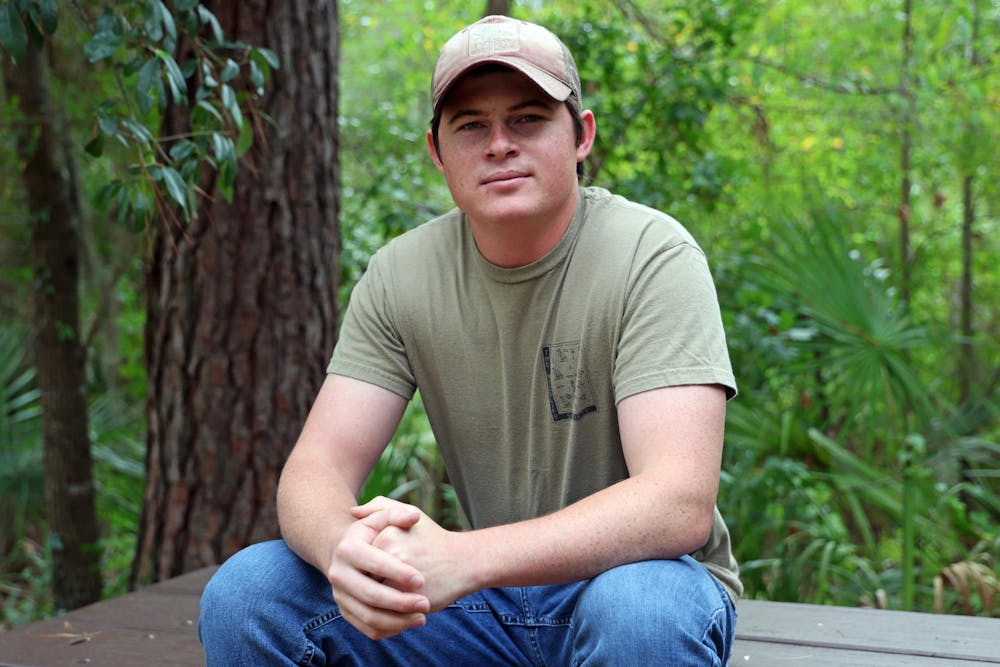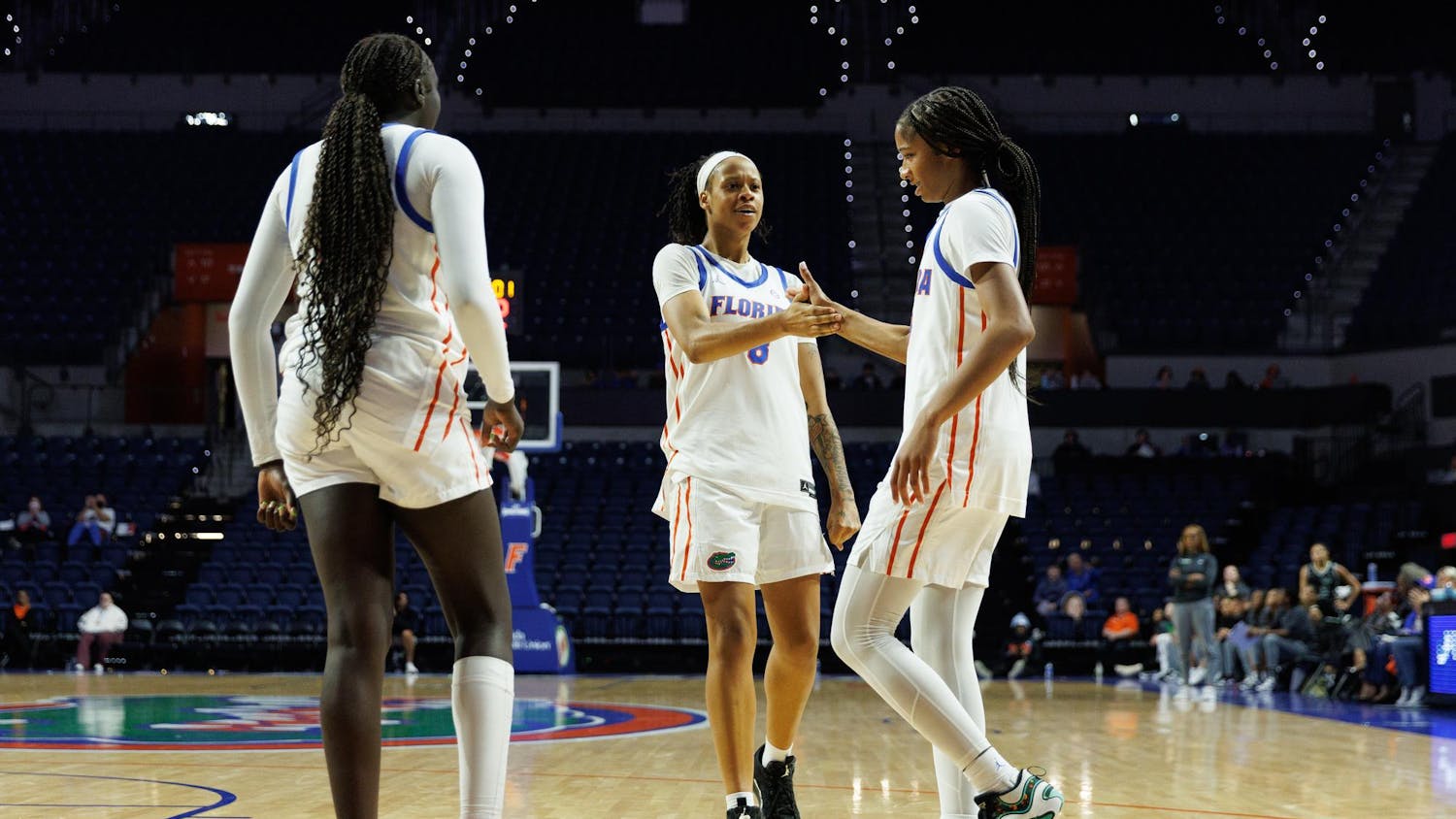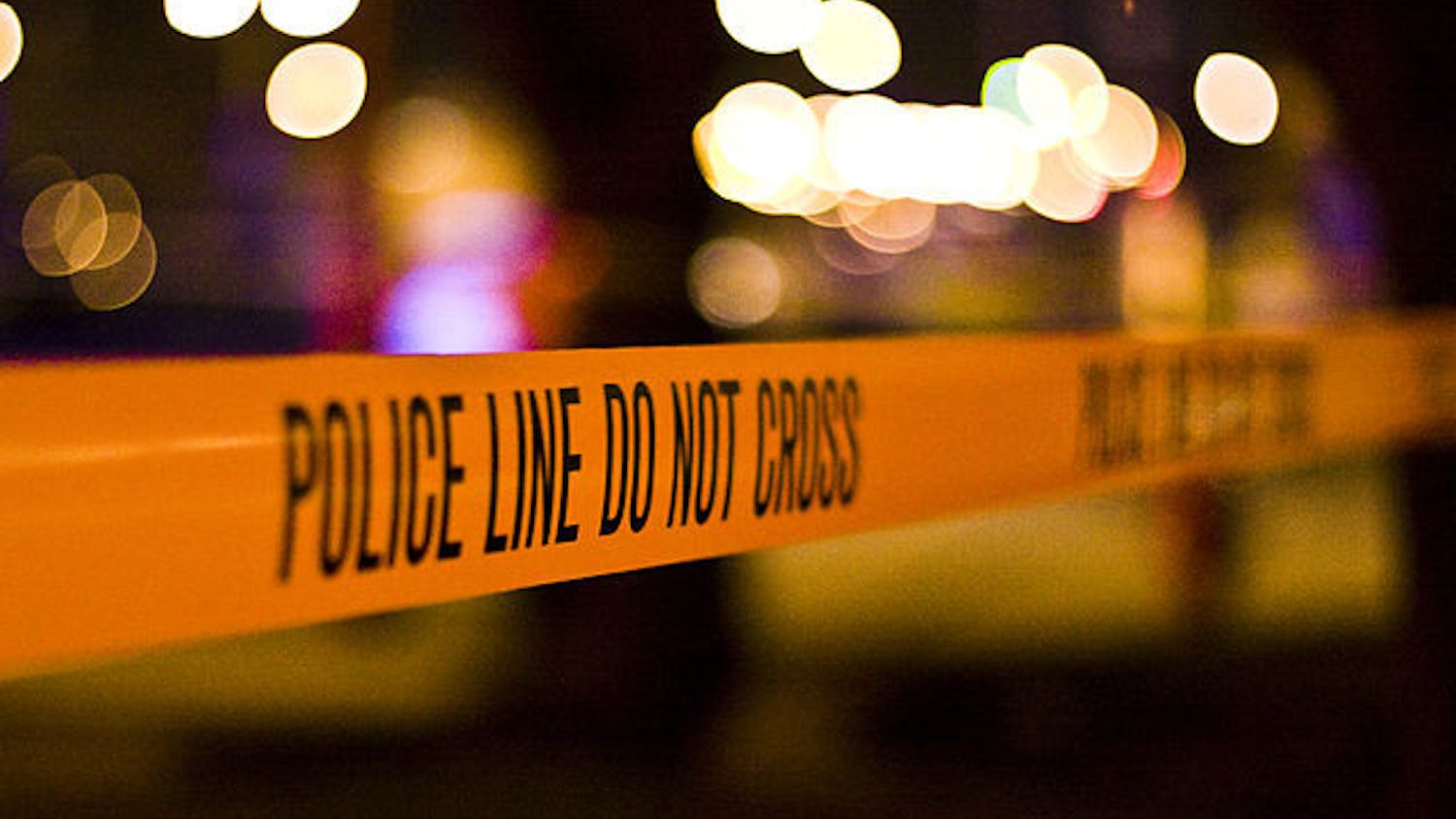In October 2015, Adam Sugalski stood at a check station in Lake City, Florida, and counted each dead Florida black bear brought in from the city’s hunt. The statewide hunt was called off after just two days, when hunters harvested bears more quickly than anticipated.
Now, a decade later, Sugalski finds himself in the same position.
In August, the Florida Fish and Wildlife Conservation Commission approved a three-week black bear hunt from Dec. 6 to Dec. 28, the first since 2015. The commission accepted applications in September for a random permit lottery, unlike in 2015, when anyone who wanted a permit was guaranteed it.
The FWC began controlling the black bear population through regulated hunts in the 1930s but discontinued the practice in 1994. In 2015, it brought the hunt back for one year before cancelling it again.
Animal activists worry a hunt is inhumane and will diminish the bear population. But researchers and the FWC say hunting, when regulated, will not significantly cut the bear population and ultimately helps with conservation by raising funds and reducing bear-human interactions.
The FWC declined to comment on this year’s hunt in an email exchange with The Alligator.
This year, 172 permits were distributed, and each hunter will be limited to killing one bear. The FWC distributed permits on a lottery system, meaning people seeking permits could apply as many times as they’d like for their names to be added to the draw. Each application cost $5.
Lottery winners then had to pay for their permits, which cost $100 for Florida residents and $300 for out-of-state residents. According to the FWC, the more than $800,000 of revenue from applications will be used for black bear conservation efforts.
Sugalski, a 53-year-old campaign director for Bear Defenders, applied 145 times in hopes of taking a permit away from a hunter, spending over $700 in total. The organization fights against trophy bear hunting — when hunters harvest bears with the purpose of keeping a part to show off.
Considering more than 160,000 applications rolled in from nearly 15,000 people, some applicants are likely to be non-hunters, who “flooded the application process,” he said. At least 39 permits issued thus far have gone to non-hunters, the Orlando Sentinel reported Oct. 10.
This year’s hunt, unlike the one in 2015, will have no physical check stations, which required hunters to stop for officials to collect data and monitor regulations.
The FWC will instead require hunters to contact staff to coordinate access to harvested bears, which the commission said is more efficient and “accomplishes the same objectives of having fixed and manned check stations.”
But Sugalski criticized the change as a lack of oversight.
“You’re asking a bunch of trophy hunters to [have] an honor system killing bears,” he said. “To me, that’s a huge red flag.”
Bear hunt history
The black bear population has grown from a few hundred in the 1970s to over 4,000 today, leading the FWC to bring back the hunt for one season under the premise that regulated hunting helps other wildlife populations bounce back.
In 2015, the FWC sold over 3,500 permits for the hunt, generating close to $400,000. Its quota for the weeklong hunt was 320 bears, but the commission called the hunt off early after that quota was reached in just two days.
Florida has four bear management units, divided into the north, south, central and east panhandle. Both the east panhandle unit and the central unit, which includes Alachua County’s jurisdiction, over-harvested.
Last year, the Florida government passed a law allowing residents to shoot a black bear if they believe it poses a threat. Sugalski said this law, in addition to the hunt, removes protections from black bears.
This hunt is particularly controversial because it will allow hunters to use dogs beginning in 2027, a practice Sugalski said was horrible from his experience investigating the use of hounds in deer hunting.
Advocates for dog hunting say hounds can scare bears to run up into trees, where the hunter can get a good look at the animal and make sure it’s not a female or a cub before shooting.
Ecological answers
While opponents of the hunt believe it’s inhumane towards the black bear population, Eric Hellgren said the FWC’s actions will help manage the species.
Hellgren, the chair of the UF/IFAS Department of Wildlife Ecology and Conservation, has researched bears for 25 years. He said while there are a lot of emotions regarding the hunt, it will ultimately reduce the amount of human-bear conflict.
Though direct bear attacks with humans are rare, he said, there have been 44 attacks since 2006, including the state’s first deadly attack which left an 89-year-old man and his dog dead in Jerome, Florida, in May 2025.
When a bear is consistently threatening human lives, it’s euthanized. A regulated hunt reduces human-bear interactions by decreasing the total population size, Hellgren said. He added almost every state with significant black bear counts has hunting seasons for their growing populations.
Ecologically, the black bear population can support a hunt without damaging its population size, Hellgren said. A regulated hunt will reduce the amount of bears killed by other means, such as cars, disease or fighting one another, he added.
Noah Hart, a 23-year-old UF wildlife ecology and conservation senior, has been hunting since his junior year in high school. He hunts deer, ducks, turkey and hogs, which he said connects him to nature.
This hunt looks different than the 2015 one because there are more limitations on the number of hunters, Hart said.
“I think a lot of emotions are being based on what happened in 2015,” he said.
Hart supports this hunt because of its timing, which is during female bear and cub hibernation. This reduces the likelihood of killing female bears or cubs — both of which were hunted in 2015, he said. Female bears and their cubs are vital for sustaining black bears’ populations.
Hart said the Florida black bear population increase is a conservation success. If biologists are correct in saying the number of bears in the state is increasing, he said, he’s in support of a limited hunt.
Reviews between hunters are mixed, Hart said. Some of his friends look forward to hunting a new species, while his other friends are excited by increased conservation funding brought in from applications. Some, he added, can’t see themselves personally shooting a bear.
Hart purchased two tickets for the hunt, even though he said doesn’t know if he can ever see himself shooting a bear. While he did not win the lottery, he said he’s interested in seeing if this hunt helps conserve the bear population.
“Hopefully, it’s run and managed better than 2015,” Hart said.
Contact Sofia Bravo at sbravo@alligator.org. Follow her on X @sofiab026.

Sofia is a junior journalism student who is the Fall 2025 enterprise health reporter. She previously worked as a copy editor and translator for El Caimán. In her free time, she enjoys reading and bothering her friends with her digital camera.






